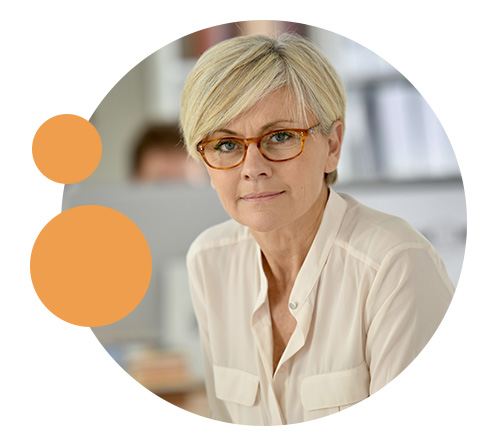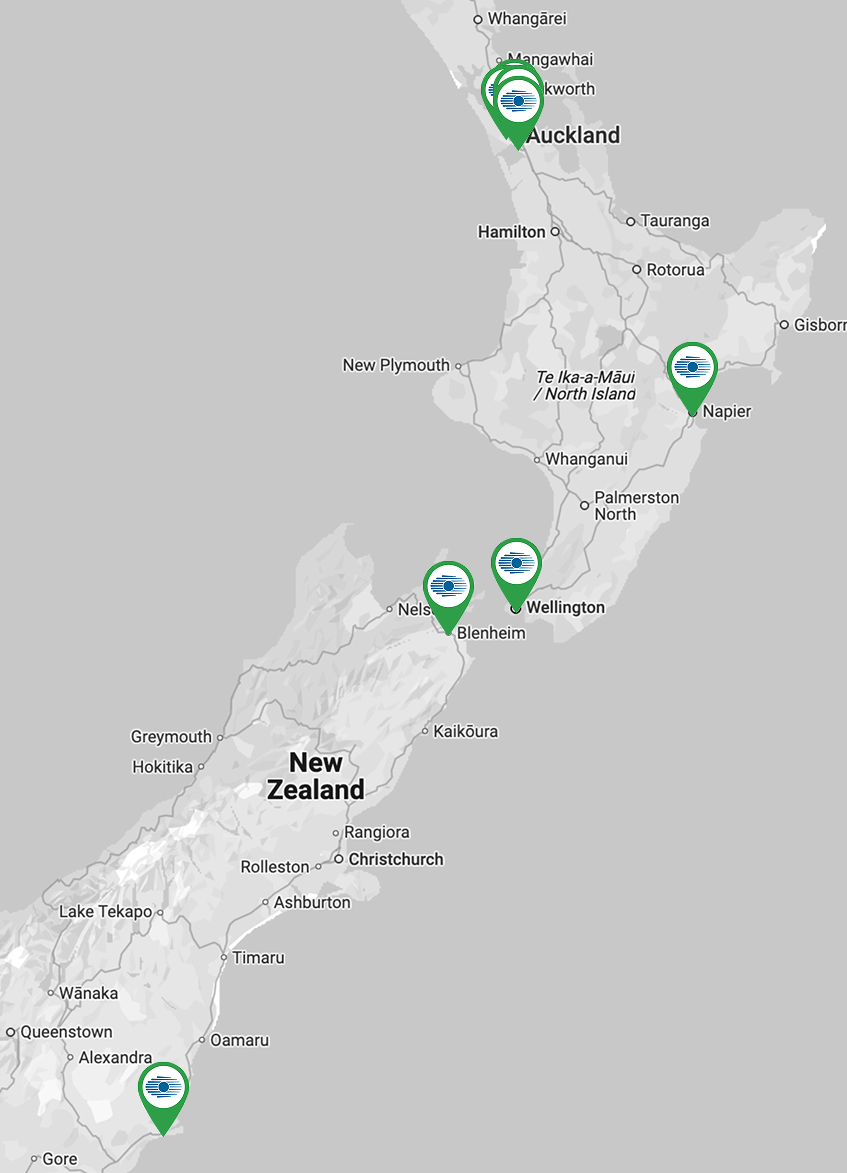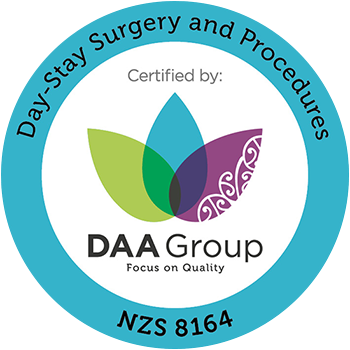Discover more about this condition and how to treat it
Choose the option below that sounds most like you to discover your best solution
Give us a call to understand how your insurance can help cover your treatment
Eye treatment options can be confusing. We’ve made the journey as straightforward as can be
Get a quick overview of everything you need to know about gaining visual freedom
Eye Institute Annual Optometry Conference 2024
Eye Institute Annual Optometry Conference 2024 On Sunday 10th November, we held our [...]
Ice to see you! Gentoo penguin Melody gets vision makeover
Ice to see you! Gentoo penguin Melody gets vision makeover Collaborative cataract surgery a success Melody, a 14-year-old gentoo penguin [...]
Wellington Seminar 2023
On Friday 17th November Eye Institute presented to our Wellington optometry colleagues at [...]
Learn more about glaucoma from authoritative sources.
Note: These links will take you off our website







